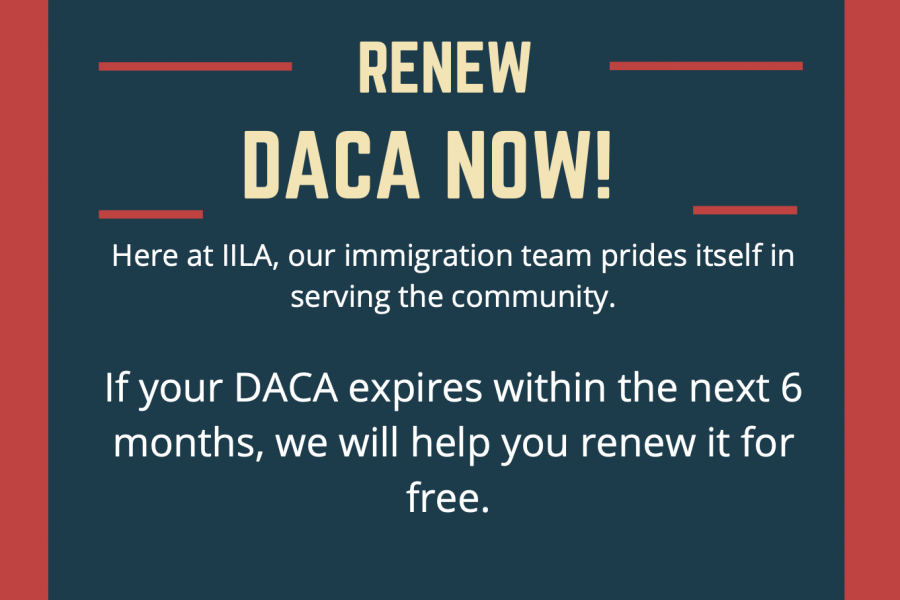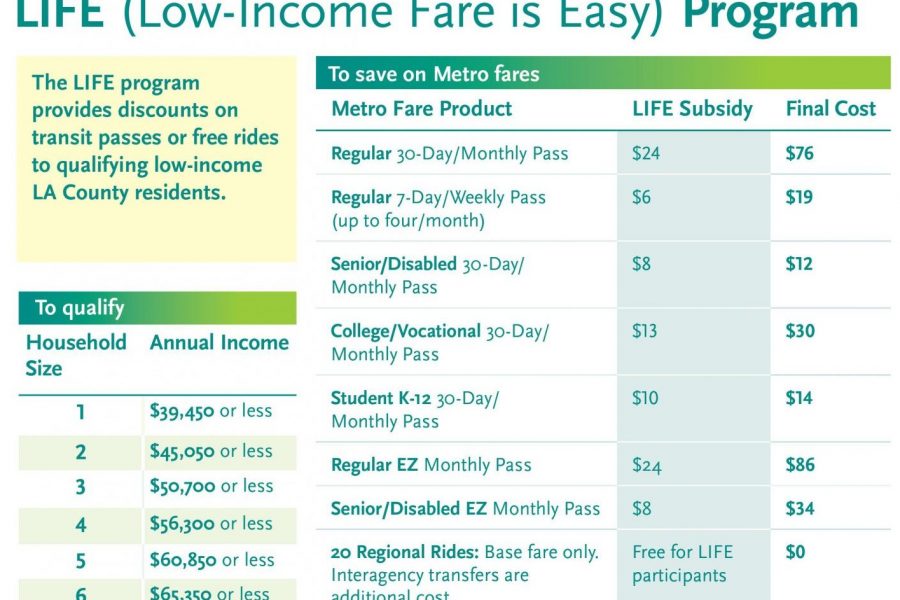In today’s world, it has become crucial to understand the different meanings of each of these words. There are a lot of misunderstandings and misconceptions around these terms. While many of these terms are commonly used interchangeably, they have specific legal definitions, eligibility requirements, and associated benefits, limitations, and procedures.
Unfortunately, acts of violence, political turmoil, armed conflict, and national quarrels continually impact people and trigger their movement around the globe, requiring that the knowledge of these words and their meanings become widespread.
Refugees
A refugee is a term for people who have fled from political, armed conflicts, or persecution. Because the situation in their country is tense, they are forced to cross the national borders and seek refuge in another country to avoid persecution. They are recognized by the term ‘refugees’ after receiving aid from the organizations and states of the country where they are seeking refuge.
Becoming a refugee is a direct result of human rights violence, political conflicts, persecution, or any event disrupting the human order of life.
To apply for refugee status in the United States, the applicant must be physically located outside the United States.
Asylum Seekers
An asylum seeker is someone who claims to be seeking international protection, but no state or organization has yet approved of their refugee status. These people have arrived in a country different from their own. They have applied for asylum because going back to their country will lead to their persecution because of the social conflicts of human violence, religion, race, and political or national beliefs.
Not every asylum seeker will be identified as a refugee.
You may apply for asylum in the United States regardless of your country of origin or your current immigration status. Being granted asylum status is a form of protection available to people who meet the definition of refugee, are already in the United States, or are seeking admission at a port of entry. After being granted asylum, asylees may be eligible for certain refugee benefits, including cash and medical assistance.
Humanitarian Parolees
Humanitarian Parole allows an individual who may be inadmissible or otherwise ineligible for admission into the United States to be in the United States for a temporary period for urgent humanitarian reasons or significant public benefit.
You may apply for humanitarian parole if you have a compelling emergency and there is an urgent humanitarian reason or significant public benefit to allowing you to temporarily enter the United States. Parole enables a person to lawfully enter the U.S., provides temporary lawful presence in the U.S., and protects that person from deportation while in the allotted parole timeframe. In some circumstances, parolees are even permitted to apply for a work permit.
Parole is temporary. It does not confer permanent status (such as lawful permanent residency) and does not confer a pathway to citizenship.
SIVs
SIVs or Special Immigrant Visas are part of an immigration program provided by the government of the United States of America. Under this program, the U.S. government grants permanent residence to those who have helped the U.S. government abroad. SIVs thus fall under the category of non-citizens. These people are international organizations employees and can apply for SIVs with their families. Religious workers and juveniles can also apply for SIVs.
All they need to do is file for SIV with USCIS and submit all the necessary documents that they are asked for.
Migrants
Migrants choose to move not because of a direct threat or persecution but mainly to improve their lives:
- Finding work
- Seeking better education
- Reuniting with family
Unlike refugees who cannot safely return home, migrants can return home if they wish. This distinction is important for governments, since countries handle migrants under their own immigration laws and processes.
In a Nutshell
Regardless of a person’s legal status, IILA believes that all people deserve basic human dignity, regardless of how and why they arrive in a country. Check out our website for information on the various services we provide to help strengthen the sense of community in all our people. Contact us today for more information!




